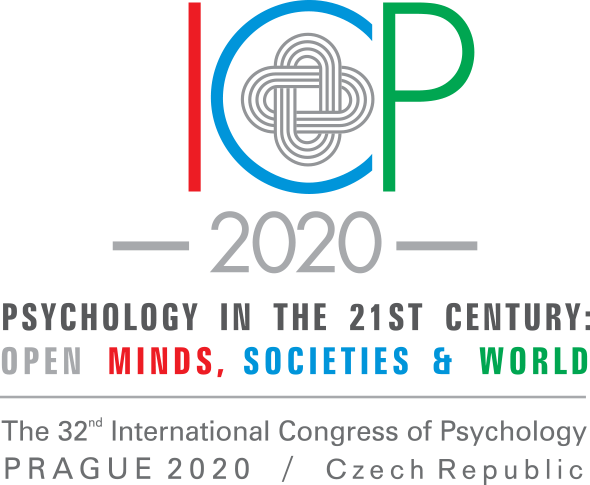

Psychology of Religion Working Group


Peter Tavel
Chair
Palacký University Olomouc, Faculty of Arts, Department of Psychology
Spirituality in the broadest sense, is a universal human experience that is associated with many areas of human life. It is usually understood as search for a connection to the transcendent/God, to others and oneself, to a sense of the meaning of life, interior peace and harmony. Spiritual psychology focuses on the role of religiosity and spirituality in coping with difficult life situations, in shaping life values and choices. In order to deepen our understanding of human nature, spiritual psychologists try to integrate spiritual values and experiences into commonly used psychological model, resulting in a more complex bio-psycho-spiritual model. This approach could be further used e.g. in a therapeutic process.
An exponentially growing number of research articles report positive association of religiosity/spirituality with both physical and mental health. However, a minority of studies comes to findings that contradict this view. Besides the usual explanations of these discrepancies, such as measurement problems and cultural differences, we could also suppose that different kinds of spirituality may differ in their relation to human health. Therefore, one of the recent research task is to clarify, under which circumstances is religiosity/spirituality protective.
Incorporation of the topics of religiosity/spirituality into a program of an International Cooperation of Psychologists Conference planned for 2020 offers a possibility of information exchange and discussion and sharing of personal experiences in this area from across different countries and cultural environments.
Core topics:
- Quality of life
- Public and individual health
- Meaning of life
- Religious behaviour
- Coping mechanisms